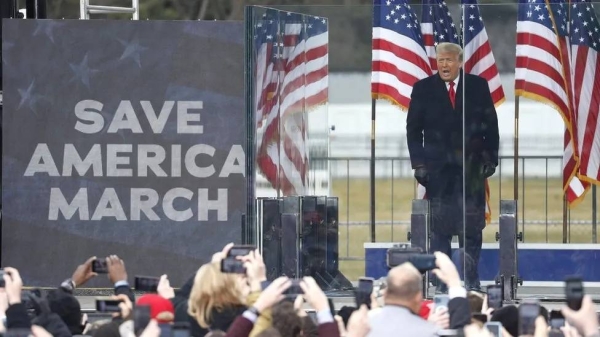
The US supreme court on Monday handed the president the power to fire the head of a federal agency charged with protecting consumers in the financial sector, ruling that the structure it was given by Congress violated the US constitution.
The court, in a 5-4 decision, stopped short of the much more drastic solution of invalidating the Consumer Financial Protection Bureau (CFPB), an agency that was the brainchild of the Massachusetts senator Elizabeth Warren and was set up in 2011 under President Barack Obama.
Established after the financial crisis, the role of CFPB president was designed to protect the bureau’s independence and its statute said the president could remove its director only for cause, defined as “inefficiency, neglect of duty or malfeasance”.
The agency proved an effective watchdog under Obama. By the end of 2016 the CFPB had returned close to $12bn to 29 million people.
Warren defended the CFPB on Twitter noting that even after the supreme court ruling it remained an “independent agency”.
The CFPB has long been criticized by Trump, his fellow Republicans and business groups. Trump appointed the CFPB critic Mick Mulvaney, Trump’s former chief of staff, to oversee the agency. Mulvaney had previously called the agency a “joke, in a sick, sad kind of way”.
The justices ruled in favor of California-based law firm Seila Law LLC, which challenged the agency’s structure after being investigated by it.
“The agency may therefore continue to operate, but its director, in light of our decision, must be removable by the president at will,” Chief Justice John Roberts wrote on behalf of the majority.
Trump has sought to undermine the CFPB. Kathy Kraninger, named by Trump to head the agency, took office in 2018 over the objections of Democrats and consumer advocates.
The legal fight focused on whether the agency’s director, a presidential appointee who serves a five-year term, has too much power because the president has only limited authority to remove that individual. The law firm had argued that this CFPB structure violated the constitution’s separation of powers provisions that vest executive authority with the president and limit the power of Congress to encroach in that area.












